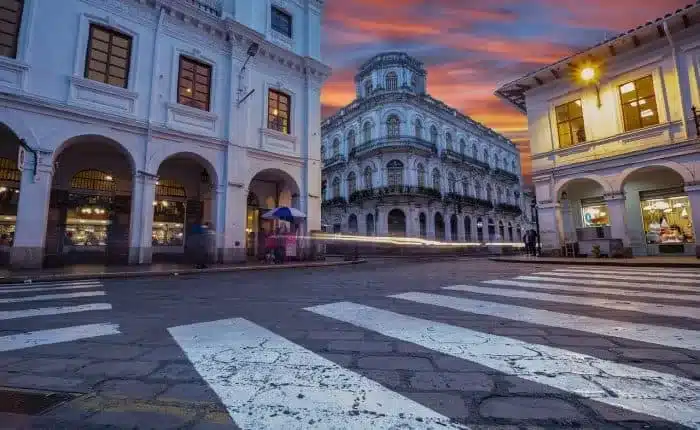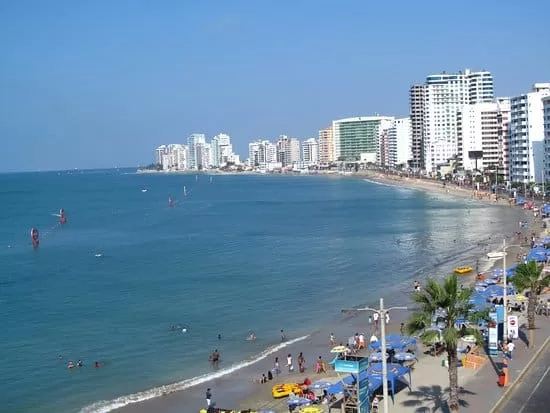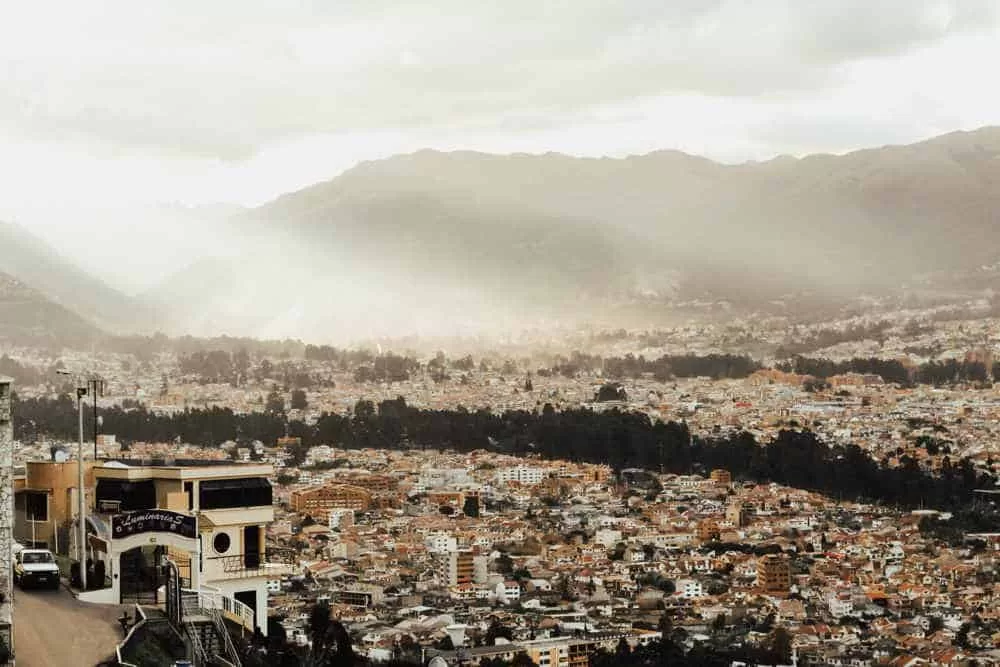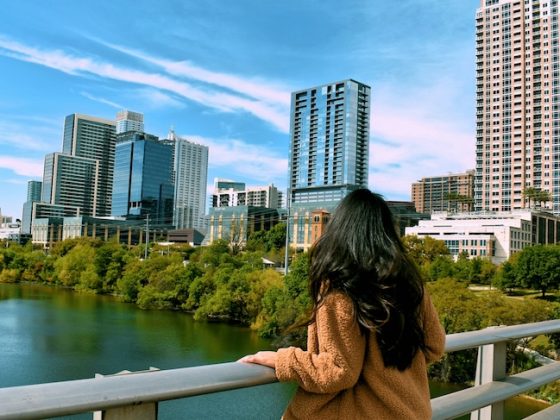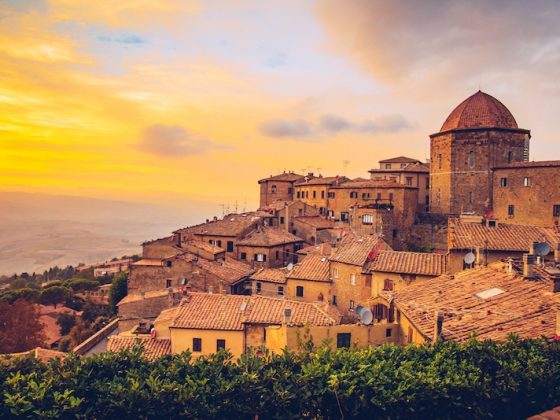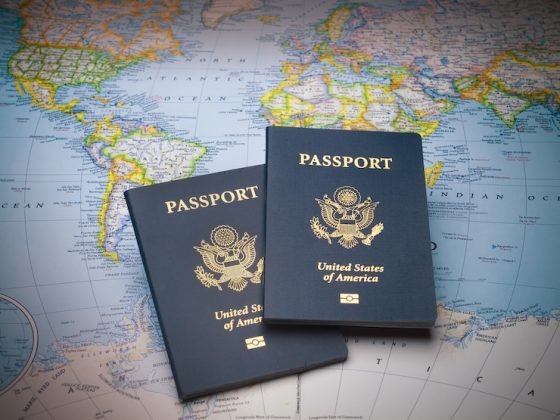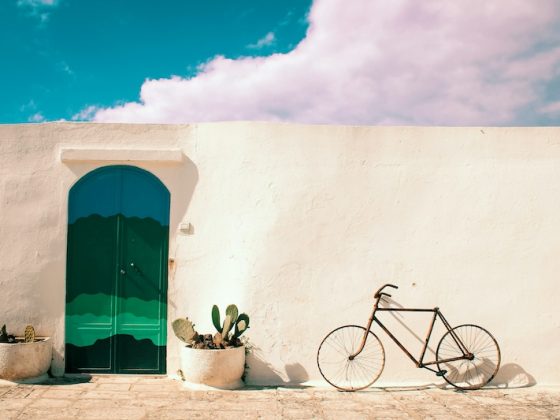Buying Real Estate in Ecuador
Real estate in Ecuador has been in high demand for at least 12 years now, as a value play against an increasingly volatile global political arena and uncertain economic times, in once stable global economies. Ecuadorian real estate has been used both as a hedge against higher risk investments in other countries, as well as being used as a storehouse of wealth, given the exceptional valuations and the global rush to hard assets. Add to this already attractive equation, the exceptional bio-diversity of Ecuador, the extreme natural beauty of the land, and the wonderful equatorial climate and the country has also become a mecca for retirees searching for a better life. Whether the preference is modern city, ocean hideaway resort, or a charming and quaint colonial town nestled in the sierras, Ecuador offers it all, at enticing prices. This report is intended to provide a very broad overview of the process of buying real estate in Ecuador. It is not intended to cover every eventuality, nor is it intended to replace the advice of a qualified Ecuadorian real estate attorney. It is simply meant to inform and provide a basic step-by-step guide as to what you can expect in a real estate buying transaction.
Selection of a real estate professional: While covered in more depth as part of a separate report, the recommendation remains that any buyer of real estate in Ecuador should seriously consider the services of a knowledgeable, experienced and qualified Ecuador real estate agent industry professional. In fact, we strongly urge the use of a Buyer’s Broker Agreement, to secure that the real estate agent in question truly has an Agency responsibility to you and not the seller. This is the first step on the journey to finding that perfect home or high-quality investment in Ecuador’s real estate market.
The purchase contract: Once the ideal home and/or real estate investment is located, a verbal dialog first ensues, in order to establish a mutually acceptable price. When a verbal agreement is first reached – the so-called “meeting of the minds” – then preparation is made for the terms to be executed in a written contractual document. The purchase contract is intended as a mutually binding document, where the seller commits to selling and the buyer commits to buying the stated property.
However, there are two nuances to this process, which a first buyer may find “foreign” to what they have become used to experiencing. The first is that this purchase contract must be publicly notarized and duly recorded. In many countries, the recordation process does not occur, until the deed registration. However, if you want your new sales agreement to be legally enforceable, it must go through the offices of a Notario and be subsequently recorded. In Ecuador do not let anyone tell you differently.
Second, when we think of a purchase contract in many countries, it is oft equated with the final legal document drafted. In Ecuador, it is merely a document that binds both parties to the transaction, usually via a penalty clause that offers financial compensation to the aggrieved party, if the other party should unilaterally terminate the transaction. The true final binding agreement is the Escritura Publica, which is issued directly from the Notario’s office, on the date of closing.
This might be a good time to better define the concept of “Notario”. The literal translation means “Notary”, but an Ecuadorian Notario carries much more weight than a Notary in most countries. The primary role of the Notario, besides to preside over the actual closing (in the USA, for example, this function might be the purview of a Title company), is to serve as an independent, non-biased, third-party legal arbitrar (referee) to ensure a fair and equitable process, under the laws of Ecuador. If you think of it, the Notario adds an additional layer of protection not found in many countries. The drawback is that there is a cost associated with the mandatory Notario services and that you might as well think of the Notario as a “Supreme Court Justice” (USA), because if he doesn’t want the process to continue, for whatever legal technicality, the process is not going to move forward. It is always advisable to make the Notario your friend.
Financing: One of the most valued reasons for the execution of a purchase contract is to provide enough time to accumulate the purchase funds. It should be noted that Ecuador is largely a cash buyer’s market. True mortgage financing does not exist for foreigners and has only become somewhat commonplace for national citizens within the last 5 years.
On the rare occasions that any type of financing can be located, it is generally in the form of owner’s financing, with a carry-back mortgage. Most Ecuadorians are not even familiar with this concept. Some Ecuadorians, mostly ones who have lived overseas, are familiar with the concept and very rarely might offer this opportunity, generally in association with a down payment of at least 50% of the purchase price. Your most likely source for owner financing is another expat, who might want to sell the current property to buy a larger one, or one located in a different locale. In any case, I would not strongly consider Ecuador as a real estate market, if I were not prepared to purchase in cash. The prospects for finding a property with financing, given the minimal inventory, will likely lead only to frustration.
Escritura Publica (deed execution)
So, you have finally found the perfect property, have executed a purchase contract and have assembled all the necessary legal documents and funds. It is time to move towards your closing date and the Escritura Publica signing.
A qualified attorney, which you should always hire, will be able to walk you through the Escritura Publica process. Our firm has the practice of personally attending all the closings for any of our clients. Most real estate firms do not.
The meeting will almost always take place at the office of the selected Notario. Please, note that Notario selection is generally the purview of the buyer or buyer’s attorney, even if anything and everything is negotiable in an Ecuadorian real estate contract. Also, note that the selected Notario is not geographically bound, meaning that the nearest Notario to the property location need not be selected for the closing. Any Notario, anywhere in the country, may be selected to preside over a real estate transaction, regardless of the distance to the subject property.
The buyer as two options, they may appear in person to sign the legal documents that provide them with the deed of title, or they can deem their attorney (or other third party) to have a limited power of attorney (POA), in order to execute the documents. It may surprise, but quite a few folks select the POA option, since so many buyers of real estate in Ecuador are foreigners. Often, they will be here for two weeks, make a purchase commitment, but then return to their native countries in order to organize the move. They leave behind a competent third-party with a designated POA to finalize the transaction. A few more items on this topic.
A POA is a serious matter. I would not advise leaving a POA, unless a local attorney, representing the buyer, was also present at the closing. The only exception is when the local attorney is also the POA holder.
Additionally, I would never ask, let alone actually leave, your local real estate representative to serve as your POA holder. No exceptions, even for myself (our firm refuses to accept such requests). You need the POA holder to be a neutral third-party, with no vested interest in the success of the transaction. A real estate professional does not qualify. I personally know of at least 2 real estate agents that routinely carry POAs for clients. While not illegal by Ecuadorian law, it is not advisable.
Lastly, keep in mind that to execute a POA, while both parties are still in Ecuador, is a simple, $50 and 2-3 hour process. However, executing a POA, when one of the parties (usually, the buyer) is abroad, can become a time consuming nightmare. If you are fairly certain you will be leaving behind a POA, please, please, please plan ahead to execute the said document while still in Ecuador. If you absolutely cannot, then give yourself at least two weeks to have the document executed overseas and then, as a minimum, another week for the document to be sent by express mail courier to Ecuador.
When all parties finally arrive at the Notario’s office, the terms and conditions of the purchase agreement are verified, after having already been transferred to the official Escritura Publica document. Assuming all parties agree that the terms seem correct, each party signs the Escritura Publica document and, for added security, affixes a thumbprint to the document, as a definitive identifier. At this point, funds exchange hands (more in the next section) and the transaction is deemed completed. The exchange of deed of trust for funds meets the criteria for a finalized transaction.
However, there is yet one other different aspect to the real estate buying process in Ecuador. Even though the deed is now considered fully executed and ownership has changed hands, the buyer does not immediately receive the Escritura Publica (deed) document. The independent third-party Notario keeps the document, until such time as verification that all transfer taxes have been recorded – a process that can vary from days to weeks. Once verified, the true final step of publicly recording the deed is executed, originating from the Notario’s office and being finalized at the local Registrar’s office (unlike the Notario office selection, the Escritura Publica must be registered at the Registrar closest to where the physical property is located). Then and only then, does the buyer receive the fully executed Escritura Publica document. It can be one of the most stressful periods for any buyer, but I can assure you that it is all a customary process, complete with checks and balances, especially if you have heeded our words to utilize a qualified local attorney.
Confused, yet? All seem a bit “foreign”. Well, it should, you are buying real estate in a foreign land. However, believe it or not, there exists a few more points of consideration.
For those paying attention (no quiz at the end), you probably heard me say that this was a cash buyer’s market. The savvy amongst you – and I suspect that is most – are probably wondering, “Hey, how do I get all that cash to Ecuador?” Good question…perhaps, an even better one than you think.
There are generally only three options for transferring of funds:
1) A direct transfer, prior to closing or at the closing, directly to the seller’s account;
2) Utilizing the services of an Escrow Account firm, who holds the funds and delivers them at closing: or
3) You transfer the funds to your local buyer’s attorney and he brings a certified check to closing.
An in-depth discussion of these options is longer than one might imagine or this report allows. I will simply say that many buyer clients, perhaps surprisingly, select option #3. The problems with #1 are somewhat obvious, as a variety of trust issues come into play, as to exact timing. It is almost always impossible to equally satisfy all parties. The problem with option #2 is that Escrow Accounts are so foreign to most Ecuadorians that they almost balk at any transaction, which involves such accounts. It requires weeks of additional delays and the signature of unrecognizable documents, which tend to make many Ecuadorians hesitant. As a default position, the best compromise is most often option #3, which is why you should select your attorney very carefully and only with some verifiable, strong recommendations to suggest such a selection.
Special Note: USA residents, only, are increasingly facing challenges in the transfer of funds out of their USA based accounts. It is a notable pattern, with some of the larger USA banks being some of the greatest transgressors of the process. If you are a USA resident, I would advise consulting legal counsel prior to visiting Ecuador, as well as I would suggest a consultation with the highest ranking bank executive, at your local branch, telling each of your potential plan to buy foreign real estate. It pains me to issue such a disclaimer, but it is the blatant reality of the day.
Lastly, if you are seeking to take title under a self-directed IRA account (the topic of a separate report), a trust, or a corporate entity, this is all readily allowed by Ecuadorian law and you retain the option of electing to place your individual name, or that of any entity, on the deed (Escritura Publica). To explore the advantages and disadvantages of each option, I would recommend consultation with an attorney.
When it is all over, the daunting nature of the process will melt away and you will realize that it is all a fairly reasonable buying procedure, which when compared to the value of your newly found real estate purchase, is certainly a transaction with much more positive than negative implications. Along the way, you will also have likely addressed topics of closing costs (about 5% of purchase price – and don’t believe the overly optimistic 2% figure I hear too often), consideration of title insurance (it is available, though few buy it) and the wonders of the Ecuadorian real estate tax system, where a $150,000 home, might have a yearly tax obligation of $350 (USD)! That is…per year!
So…sit back…hire a good team…and enjoy the ride. Life is, after all, a journey, not a destination… but that great new home, may make you reconsider the former.
I hope you got great value from this article: Buying Real Estate in Ecuador. If you would like additional information, please reach out to us HERE. Also, I would like to share some wonderful articles on Ecuador that I’m pretty sure you will love!
6 Reasons You Should Move To Ecuador
The Path to Ecuadorian Residency
Top Residency and Visa Options: Costa Rica, Ecuador, and Chile
Top 3 Destinations for Expats in Ecuador
Contact Author
"*" indicates required fields
Stay Ahead on Every Adventure!
Stay updated with the World News on Escape Artist. Get all the travel news, international destinations, expat living, moving abroad, Lifestyle Tips, and digital nomad opportunities. Your next journey starts here—don’t miss a moment! Subscribe Now!
